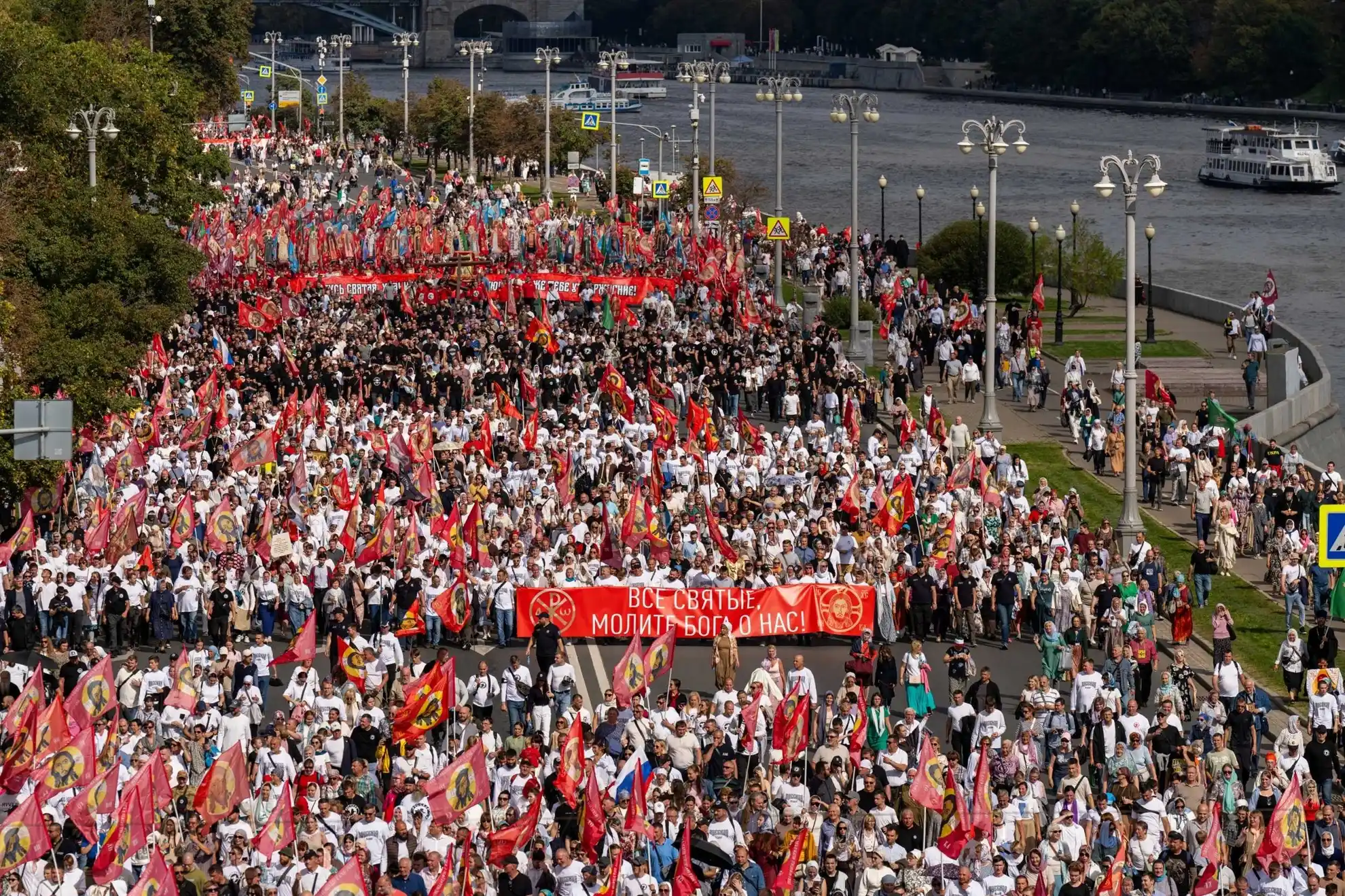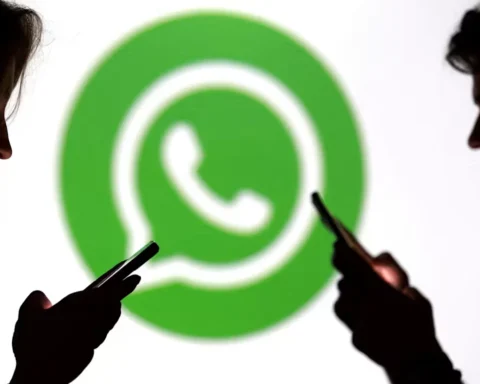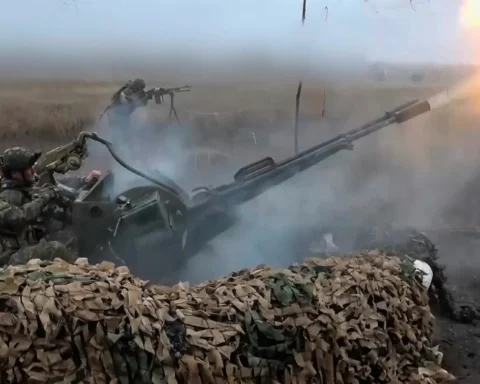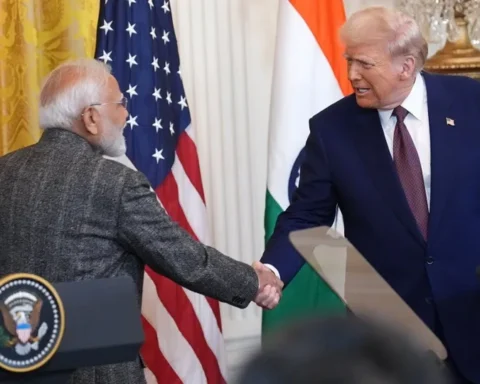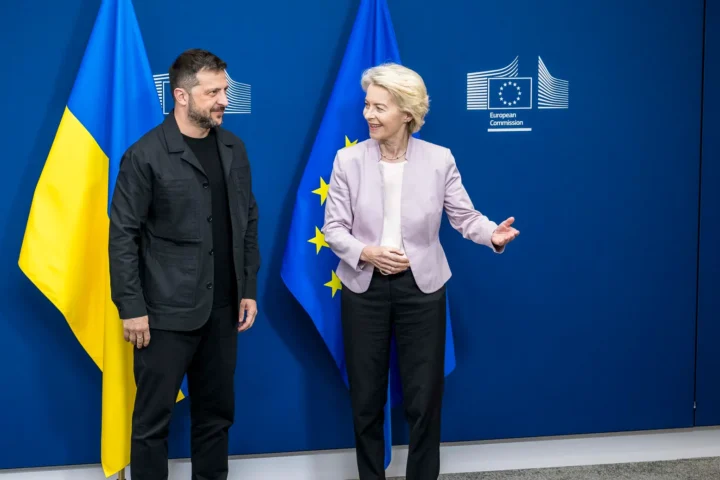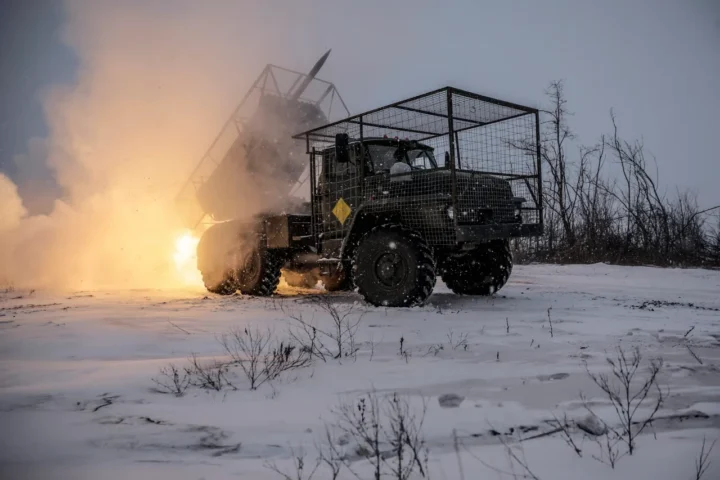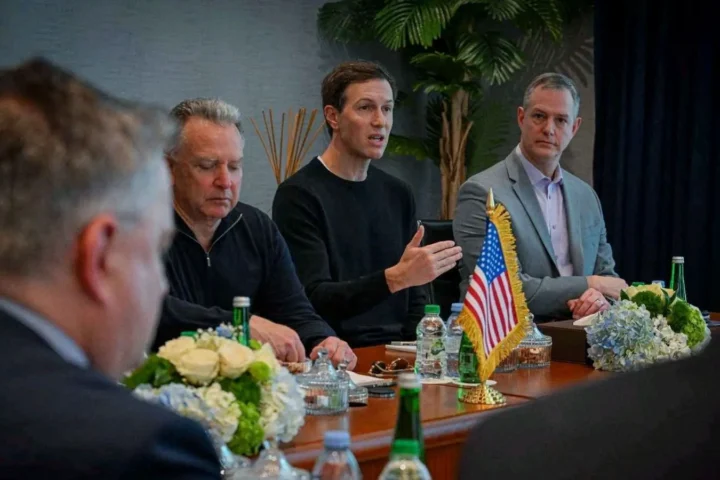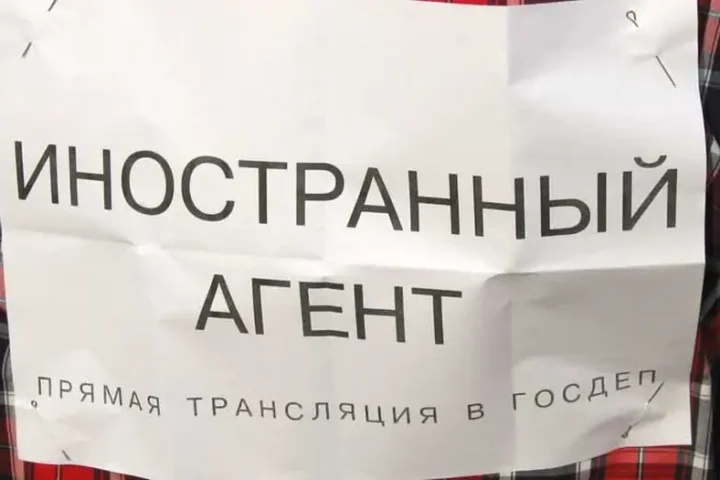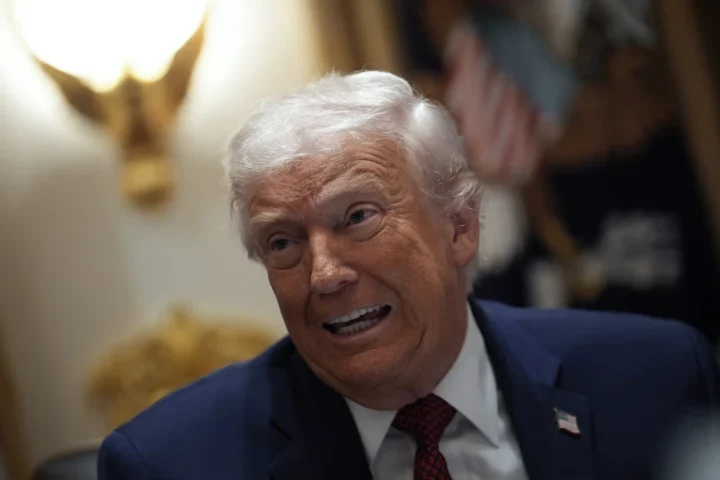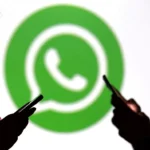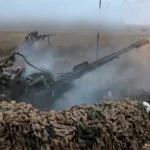Competing Headcounts and Movement Dynamics
According to the Moscow Main Directorate of the Interior Ministry (GUVD), the procession in the capital drew about 40,000 participants. The Sorok Sorokov (“Forty Forties”) movement cited a figure of around 100,000. The VChK-OGPU Telegram channel went further still—120,000.
A source in the Russian Orthodox Church (ROC) informally refuted the Sorok Sorokov numbers; participants themselves also say the crowd did not exceed 40,000.
In essence, the turnout reflects the combined mobilization capacity of the Moscow diocese and former participants in the pre-2011 “Russian Marches,” roughly in a 50:50 ratio. The Russian Marches traditionally drew between 20,000 and 35,000 people before 2011. “There has been no change in the number of active supporters of the right-wing agenda in Moscow over the past 15 years,” a sociologist believes.
The ROC (represented by Bishop Savva, who oversaw the procession) and structures close to Konstantin Malofeev have effectively co-opted “the entire right-wing activist base of Moscow.” This is indeed a major coup for the far right and nationalists.
“A figure of 40,000 is unlikely to frighten the Kremlin,” says one anonymous interlocutor. “By comparison, the rallies on Bolotnaya Square and on Sakharov Avenue drew from 100,000 to 150,000.”
According to Kseniya Luchenko, cooperation with the “Russian Community,” whose agitators canvassed churches, doubled—or even quadrupled—the size of the march, amid chants of “We are Russians!” Just a couple of kilometers from the Kremlin, there was a de facto Russian March—a political rally with a non-state agenda and a clear presence of organized groups, if not outright factions. In her words, the church was “sold a Trojan horse.”
Sources are skeptical of such conclusions. The Moscow cross procession had the sanction of Moscow Mayor Sergei Sobyanin and was approved by First Deputy Chief of Staff Alexei Gromov. The organization was coordinated with the capital’s security services.
Security Services, Church Politics, and Kremlin Calculus
VChK-OGPU claims that the number of participants allegedly came as a complete surprise to operational units of the Interior Ministry and the FSB. But the interlocutor notes that this channel has long “disliked” the head of the FSB’s Moscow and Moscow Region branch, General Dorofeyev, and regularly dumps negative stories about him. “If this had been an uncontrolled action, we would have seen some negative reaction from the administration. In this case, no problems with participants were anticipated. There wasn’t a single unauthorized slogan, not a single negative incident or scuffle. Whom, exactly, in that crowd were the security services supposed to fear?”
The source confirms that Sergei Kiriyenko’s team likely views the “Russian Community” and Malofeev’s political initiatives unfavorably. But Malofeev has serious patrons in the Kremlin—Alexei Gromov, Igor Shchyogolev, Vladimir Medinsky. “Kiriyenko has good relations with Patriarch Kirill—there is no conflict here. The head of the ROC is, if anything, capable of shaping the dynamics himself, given that he contacts Putin directly without intermediaries,” says a source in the ROC.
Kseniya Luchenko draws an intriguing conclusion:
if one trusts VChK-OGPU’s sources and indirect evidence (and perhaps things are not like that at all), then it follows that:
a) the security services in Russia exercise significantly less control than is commonly assumed—unforeseen things can still happen;
b) Archbishop Savva is a naïve romantic who sincerely decided that since nationalism is “good” and the state is “good,” such an event would serve the common good and yield dividends. The Patriarch went along with it, and this screw-up (if it really is one) is very much in character.
Sources, however, insist that the level of control by the security services in Russia and Moscow has not diminished: the situation in the capital is fully controlled by the FSB, the Federal Protective Service (FSO), and the National Guard (Rosgvardia). There will be no repercussions from the Moscow cross procession. “It fits neatly into the authorities’ ideological vector and will only be replicated. Patriarch Kirill has traditionally banked on splashy public events to bolster his clout and preserve freedom of action.”
Finally, the cross procession in Moscow showcased the mutual understanding between the Patriarch and the Mayor, who were the chief instigators of the event.


